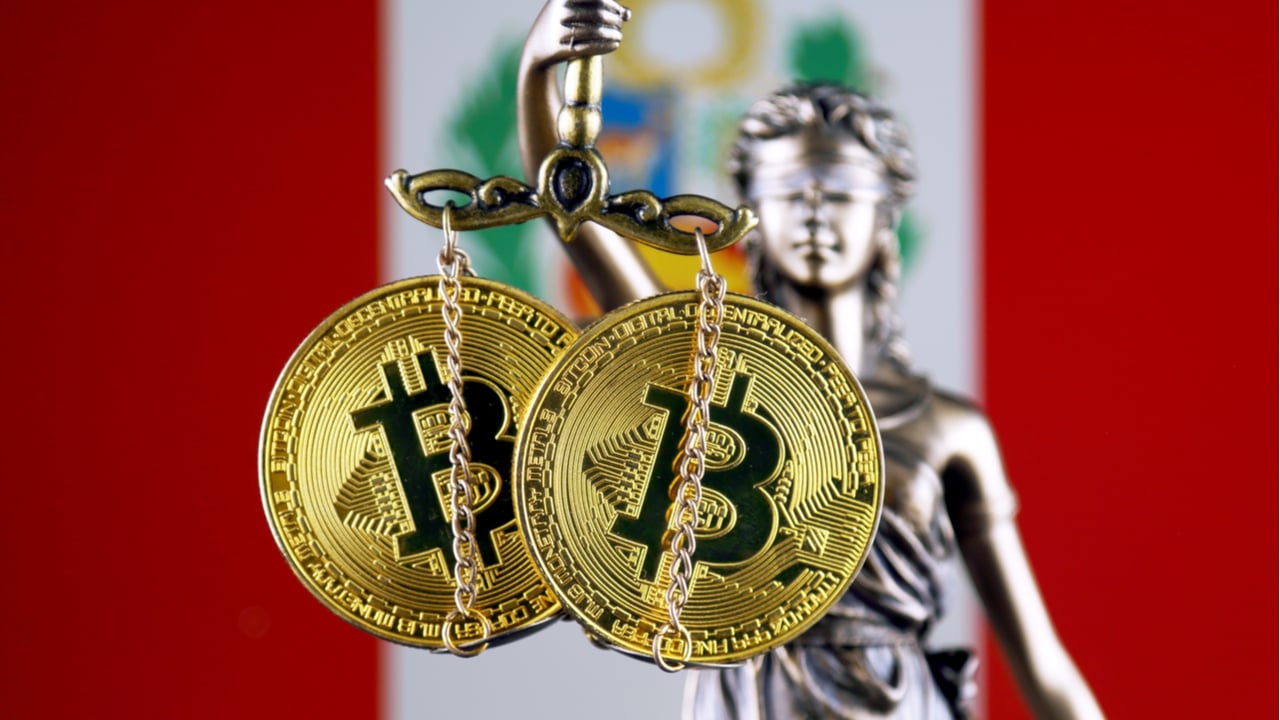
Peru’s December 2018 draft of a cryptocurrency asset law was presented. This new law aims at regulating cryptocurrency exchanges that have already taken place. In addition to defining crypto assets and setting out the duties for virtual asset service providers, the draft law also attempts to legalize companies using their assets.
Peru Launches First Cryptocurrency Regulation Attempt
A new piece of draft legislation called “Cryptoasset Marketing Framework” has been introduced in the Peruvian Congress under the number N° 1042/2021-CR, in the first attempt of the country to regulate cryptocurrency interactions. The project, which was presented December 10 by Jose Luis Elias Avalos, a member of the “Podemos Peru” parliamentary group, defines several key concepts in the cryptocurrency world, including crypto assets, virtual asset service providers (VASPs), blockchain, and cryptography.
A public registry of VASPs is also proposed in the law. Users can access it anytime they want to check if an exchange, platform or other entity has been registered for business on Peruvian soil. It also outlines the requirements that VASPs must adhere to in order to be allowed to do business lawfully within the country.
These companies are required to disclose in the contract of services they provide to the user that Peru doesn’t consider cryptocurrency legal tender and that supervision by government of such assets does not guarantee that users will be protected from the potential risks associated with using cryptocurrencies.
Crypto is a tool to found companies
Additionally, crypto assets can be used to form and incorporate businesses. The law also provides legal support for companies that hold cryptocurrency in Peru. According to the proposal, the value of cryptocurrencies must be documented at the point of company constitution. According to the second example, it is stated that the cryptocurrencies must be treated as inventory assets in the event of a company’s intention to sell them. They should also be treated as property or intangibles assets.
Peru is yet another Latam country that has jumped on the cryptocurrency regulation bandwagon, behind countries like Brazil, Paraguay, Venezuela, and El Salvador, which are working on — or have already established — cryptocurrency-specific laws. However, the proposed draft does not consider bitcoin legal tender, as El Salvador’s “Bitcoin law” does. The law went into effect last year, pushed by El Salvador’s president Nayib Bukele, who also predicted that two new countries would make bitcoin legal tender this year.
How do you feel about Peru’s new law regarding crypto assets? Leave your comments below.
Images CreditsShutterstock. Pixabay. Wiki Commons
DisclaimerInformational: This article is not intended to be a solicitation or offer to sell or buy any product, service, or company. Bitcoin.com is not a provider of investment, tax, legal or accounting advice. The author and the company are not responsible for any loss or damage caused or alleged caused by the content or use of any goods, services, or information mentioned in the article.